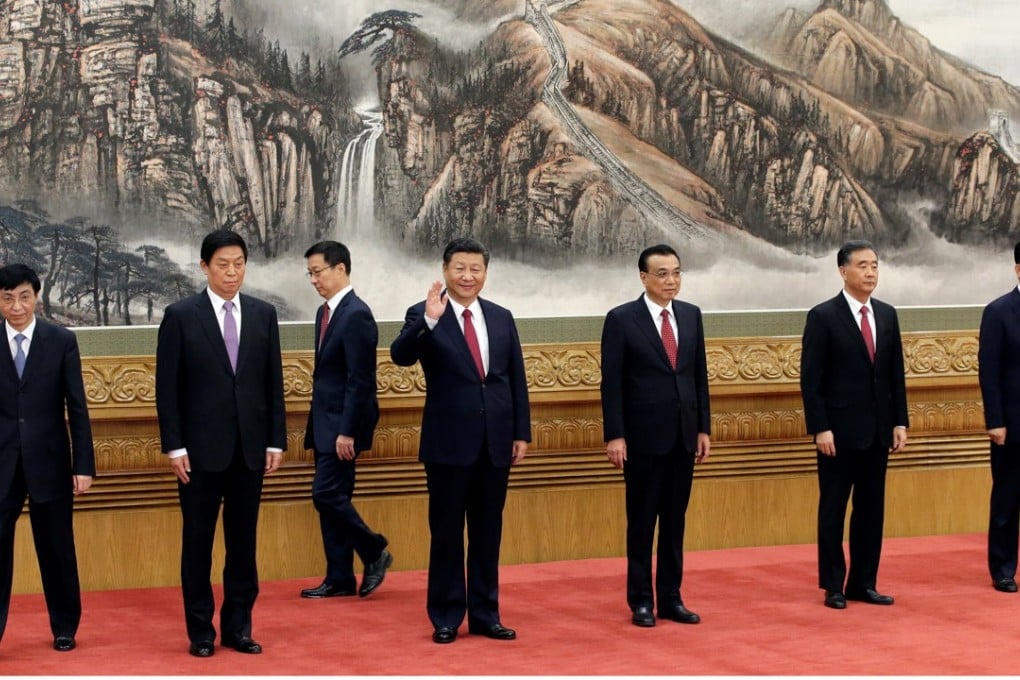China Briefing | Analysis: What President Xi Jinping’s new leadership team means for China’s economy
Rather than bringing uncertainty, the Chinese president’s extraordinary rise and his unexpected but pragmatic political appointments pave the way for a shift in focus to market-oriented reform

Curiously, overseas media reports and analysts have focused mostly on the extraordinary rise of Xi’s power, surmising it could somehow throw China into greater political and economic uncertainty. They have done this because the new leadership line-up was not what they expected.
Analysis: what China’s leadership reshuffle means for Xi’s New Era
Interestingly, they had expected Xi to break the informal age limit conventions to keep Wang Qishan, his right hand man in charge of the successful anti-graft campaign, for another term of five years, but at the same time they expected Xi to play by the unofficial rules in anointing a potential successor to the Communist Party’s Politburo Standing Committee, the country’s highest governing council.
Neither of those scenarios has played out, as Xi has chosen to value political stability and continuity when considering the key appointments to the 25-member Politburo and the seven-member standing committee.
WATCH: Wang Qishan steps down from China’s top leadership
Even Xi’s decision not to include a potential successor in the standing committee, which has triggered much speculation about Xi’s intentions, could prove pragmatic from a historical perspective.

